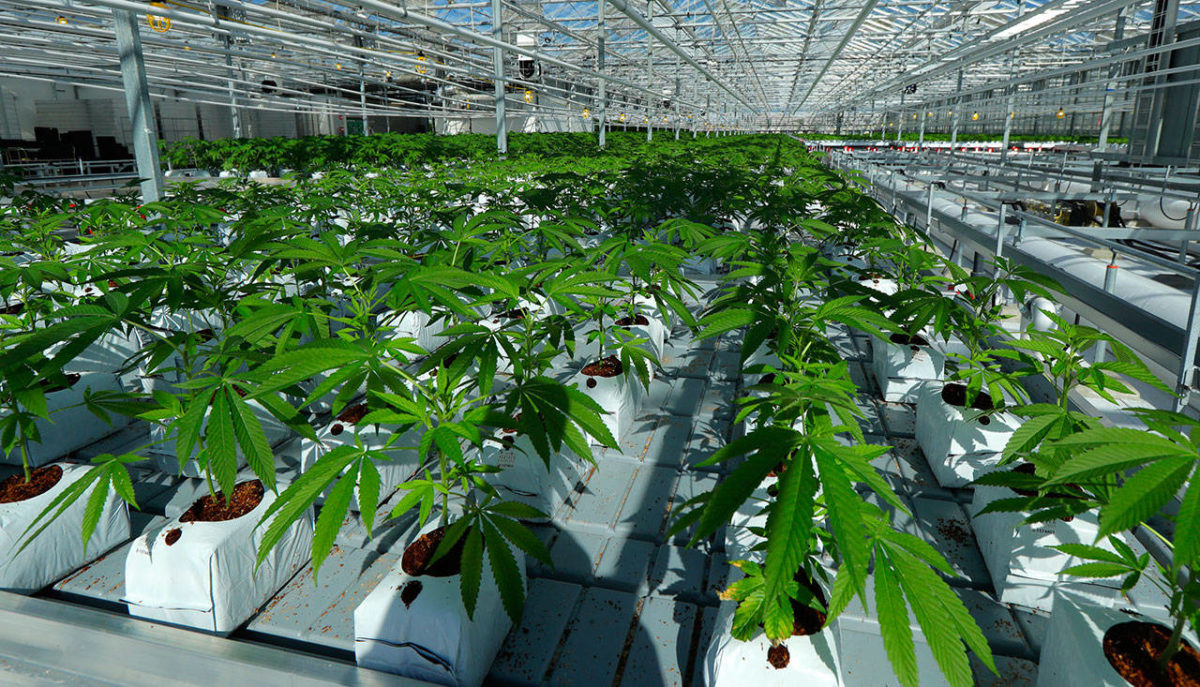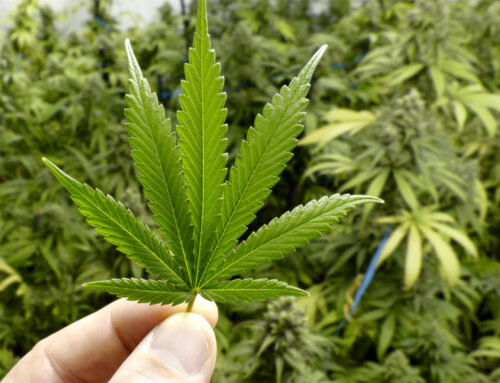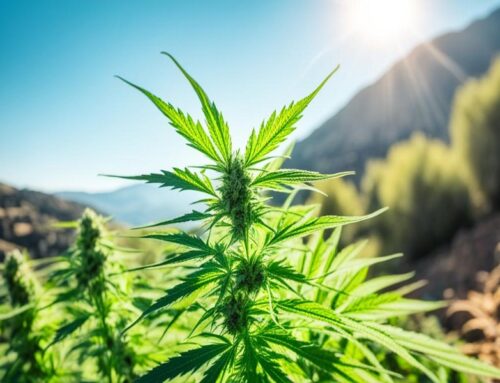It’s a business that generates around $150 billion annually. Therefore, it’s not surprising that major companies are vying for a slice of the global cannabis market, offering diverse products like beers or dog biscuits.
This is highlighted in a report by the risk assessment company Standard & Poor’s, which anticipates an expansion of the sector as legal cannabis usage continues to grow.
The report cautions that this growth could be volatile due to regulatory framework changes, but it points towards growth in sectors like health, alcoholic beverages, soft drinks, and beauty products.
In fact, two of the largest investments in this market have been made by Altria – owner of the tobacco company Philip Morris – and Constellation Brands – an alcoholic beverages company that includes Corona beer in the United States. These corporations have invested over $1 billion in projects related to the legal use of cannabis.
Alternative Market
But what’s happening?
Among the components of cannabis are tetrahydrocannabinol (THC), which affects the mind and mood, and cannabidiol (CBD), whose potential use for medical treatments is being investigated by scientists.
Companies are seeking opportunities for further growth at a time when their businesses are under pressure.
Alcohol is one example. Younger generations are drinking less and showing more interest in experimenting with recreational cannabis, as noted in the report.
However, there are many sectors where market potential can be found. “Manufacturers of alcoholic and non-alcoholic beverages, beauty and health products, and cigarettes are among the companies considering selling products made with cannabis,” it states.
Changing Legislation
The report cites data from the consulting firm Euromonitor, which shows a total market for cannabis or its derivatives of around $150 billion, of which 90% is illicit.
However, Euromonitor expects the legal market to grow to about $166 billion by 2025.
“Large consumer product manufacturing companies will try to capitalize on this growth, either through their own brands or through partnerships with smaller partners who have extensive experience with cannabis that they lack,” it assures.
The report warns, however, that regulatory issues may lead to volatile growth.
Parts of Canada, the United States, Western Europe, and parts of South America have legalized cannabis in certain forms.
The growth forecast assumes that cannabis will be legalized in new places, especially within the United States, where the current illicit market is estimated to be close to $50 billion.
Most of the growth is expected in Canada, the United States, Western Europe, and parts of South America.
“So far, the momentum toward legalization is less pronounced in Western Europe and South America – where it has only occurred in Uruguay – Canada legalized cannabis in certain forms in October 2018 and will also legalize it in edible form,” the report states.
Furthermore, it is highlighted that in 47 of the 50 states of the U.S., some form of medical marijuana use has been authorized.
However, it is cautioned that for legal cannabis products to reach their full potential, consumers need to move away from illicit forms.
Trends
Standard & Poor’s report estimates that legal cannabis growth will surpass that of other major consumer sectors like packaged foods, soft drinks, tobacco, and alcohol in the coming years.
The text suggests, for example, that there could be an expansion in the tobacco sector, in which Altria paid about $1.8 billion for a 45% stake in Cronos Group, a Canadian cannabis company.
Sales of traditional cigarettes are expected to decline by 4.5% annually in the United States as new generation products – such as e-cigarettes – become more popular.
Although initially these products may be the target of tobacco companies’ growth, the report points out that greater emphasis is expected on products derived from cannabis.
Anticipating changes in the beer and alcoholic beverages market, Constellation Brands acquired stakes in Canopy, another Canadian cannabis producer, which according to Standard & Poor’s will provide the company with growth opportunities as the sale of these beverages slows down.
Scotts Miracle Grow, a gardening company, invested $1 billion in the acquisition of companies that help users grow plants with little soil. “While hydroponic products are not exclusively dedicated to cannabis cultivation, we believe this is the main target,” say S&P analysts.
They also noted the participation agreement that Authentic Brands Group, owner of the clothing company Aeropostale and Spyder ski, has with the medical marijuana company Tilray to market cannabis consumer products.
Who Will Be the Winners?
“The early stages of widespread cannabis use in consumer products are likely to produce many losers due to, to be frank, the greed factor,” the report states.
“Cannabis is still in the early stages of the industry life cycle, which consists of a growth phase, a reorganization phase, maturity, and then eventual decline,” it adds.
This is exemplified by the case of e-cigarettes where, they say, one of the first brands, blu, did not win because Juul developed a more appealing product.
Some companies are staying away for the moment, such as those in the soft drinks sector.
This is because they have found room for growth in areas like flavored and carbonated water, and energy drinks.
The other issue at play is reputation. “Brand strength remains important for beverage giants like Coca-Cola and Pepsi, and associating cannabis with a global brand could destroy brand value if negative social stigma were to attach to major brands,”







